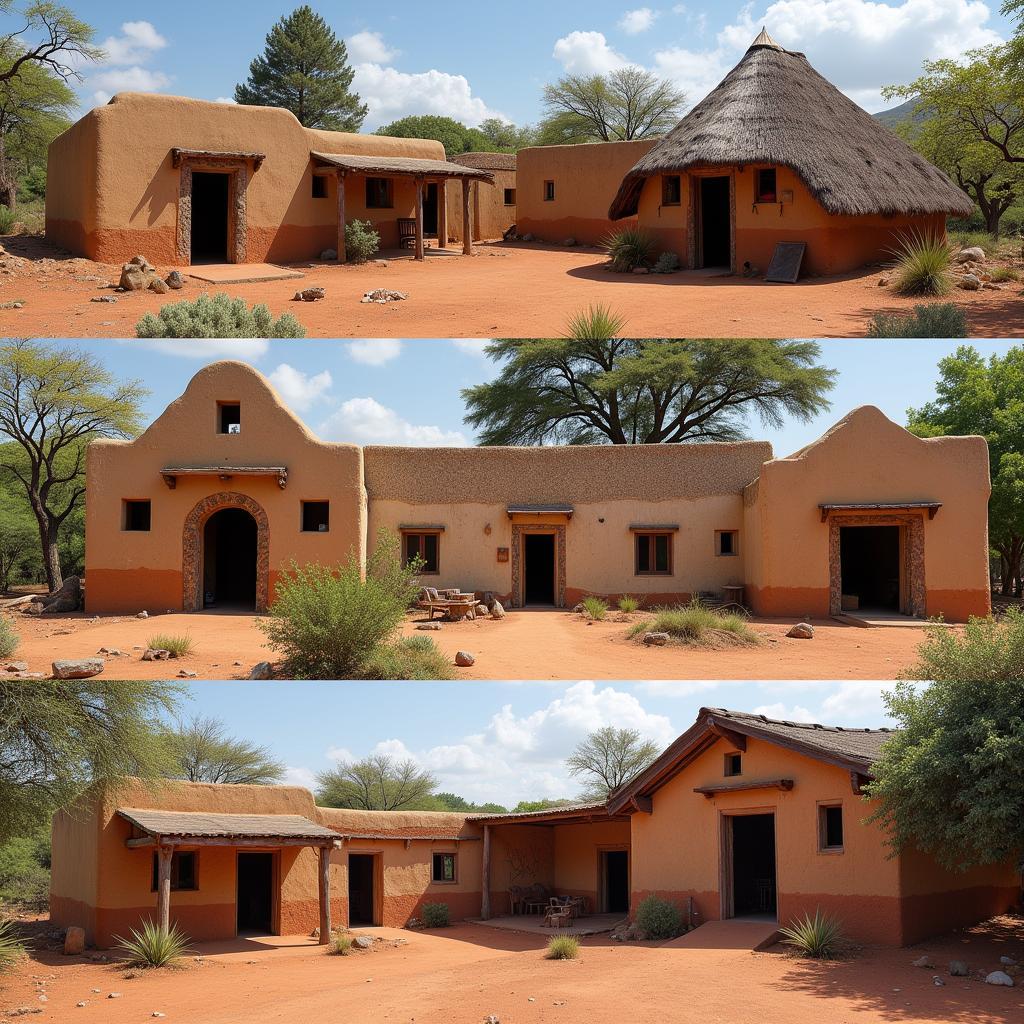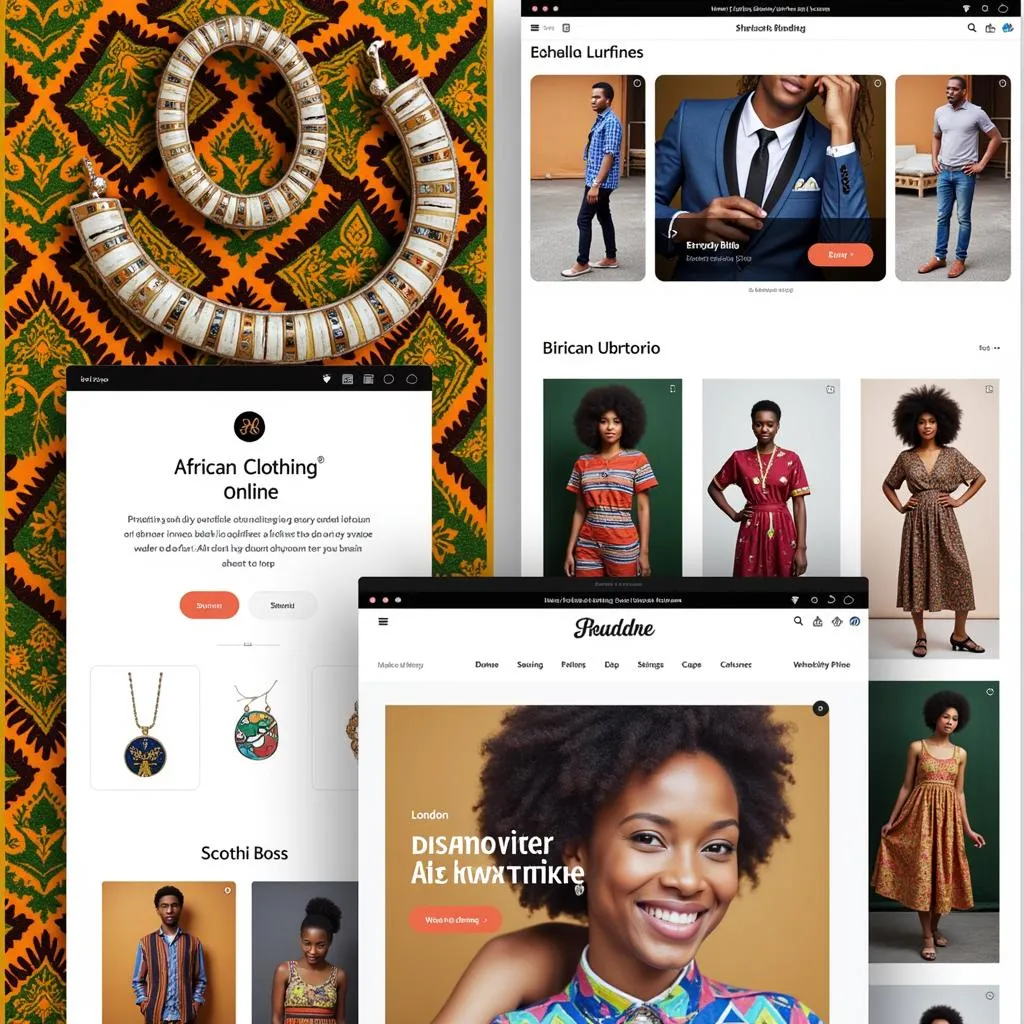The African Union: A Continent United
The African Union (AU) stands as a testament to the shared dreams and aspirations of a diverse continent. Formed in 2002, the AU represents a powerful symbol of unity and cooperation amongst African nations, working towards political, social, and economic integration. This organization, born from the ashes of the Organization of African Unity (OAU), has taken on the mantle of fostering peace, security, and development across the African continent.
What exactly does the African Union entail, and what is its significance for the people of Africa? This article will delve into the history, structure, goals, and challenges of the AU, examining its role in shaping the future of Africa. We will explore its impact on key areas such as conflict resolution, economic growth, and the promotion of democratic governance. The AU’s journey, while marked by progress, also faces significant hurdles, and we will discuss these challenges and potential solutions. Furthermore, we will examine the AU’s relationship with the global community and its efforts to advocate for African interests on the world stage.
Understanding the African Union’s Structure and Objectives
The African Union is a complex organization with various bodies working together. At the helm is the Assembly of Heads of State and Government, the AU’s supreme decision-making body. The AU Commission, headquartered in Addis Ababa, Ethiopia (african union headquarters), acts as the administrative branch. The Pan-African Parliament represents the voice of the African people, while the Peace and Security Council tackles conflict prevention and resolution. The Economic, Social and Cultural Council (ECOSOCC) ensures civil society participation in AU activities.
The AU’s primary objective is to accelerate the political and socio-economic integration of the continent. This involves promoting peace and security, good governance, democracy, respect for human rights, and sustainable development. The AU aims to create a united and prosperous Africa, driven by its own citizens and representing a strong voice in the global arena.
The African Union’s Role in Peace and Security
One of the African Union’s most critical roles is in maintaining peace and security across the continent. The AU has actively intervened in conflict zones, deploying peacekeeping missions and mediating disputes between nations. The organization has also developed mechanisms for conflict prevention, early warning systems, and post-conflict reconstruction. The AU’s Peace and Security Council (33 african union summit) plays a crucial role in these endeavors, acting as a rapid response mechanism to address emerging crises.
From mediating political crises to combating terrorism and transnational crime, the AU strives to create a secure environment for sustainable development. The organization emphasizes the importance of addressing the root causes of conflict, including poverty, inequality, and marginalization.
Economic Development and Integration under the African Union
The African Union is committed to promoting economic development and integration across the continent. The AU has launched several initiatives aimed at boosting intra-African trade, improving infrastructure, and creating a continental free trade area. The African Continental Free Trade Area (AfCFTA) agreement is a landmark achievement, poised to create the world’s largest free trade area by number of participating countries.
The AU recognizes that economic prosperity is essential for achieving lasting peace and stability. The organization is working to create an enabling environment for businesses to thrive, attracting foreign investment, and fostering entrepreneurship.
Challenges and Opportunities for the African Union
Despite significant progress, the African Union faces several challenges. Funding constraints, limited capacity, and political will among member states can hinder the AU’s effectiveness. Bureaucracy, internal conflicts, and the diverse interests of member states can also pose obstacles.
However, opportunities abound for the AU to strengthen its role and achieve its ambitious goals. Increased collaboration with regional and international partners, greater engagement with civil society, and empowering youth are essential for the AU’s future success.
Dr. Amina Omar, a renowned political analyst specializing in African affairs, notes, “The African Union has the potential to transform the continent. However, its success hinges on the commitment of member states to work together and overcome existing challenges.”
 Future Prospects of the African Union
Future Prospects of the African Union
Conclusion
The African Union represents the hopes and dreams of a continent striving for unity, peace, and prosperity. While the journey is fraught with challenges, the AU’s commitment to integration and development offers a pathway to a brighter future for Africa. The organization’s continued efforts towards conflict resolution, economic growth, and democratic governance are crucial for realizing the full potential of the African continent. The AU’s success ultimately depends on the collective will and action of its member states, working together to build a stronger and more integrated Africa. You can find more about African countries joining the African Union in 2017 (african countries joins african union 2017) and the African Union president (african union president).
FAQ
- What is the main goal of the African Union? To promote unity, solidarity, and cooperation among African states.
- When was the African Union established? 2002
- Where is the headquarters of the African Union located? Addis Ababa, Ethiopia
- How many member states are in the African Union? 55
- What is the role of the Peace and Security Council? To prevent, manage, and resolve conflicts in Africa.
- What is the AfCFTA? The African Continental Free Trade Area
- How does the AU promote economic development? Through initiatives aimed at boosting intra-African trade and investment.
Common Scenarios and Questions
- Scenario: A border dispute arises between two member states. Question: How does the AU intervene in such situations?
- Scenario: A member state experiences a humanitarian crisis. Question: What mechanisms does the AU have in place to provide assistance?
- Scenario: A member state violates the AU’s principles of democracy and human rights. Question: What actions can the AU take to address such violations?
Further Exploration
Explore more about the 12th summit of the African Union in Miami, Nigeria (12th summit of african union in miami nigeria).
Call to Action
For any inquiries or assistance regarding the African Union or related matters, please contact us:
Phone: +255768904061
Email: [email protected]
Address: Mbarali DC Mawindi, Kangaga, Tanzania.
Our customer service team is available 24/7.

